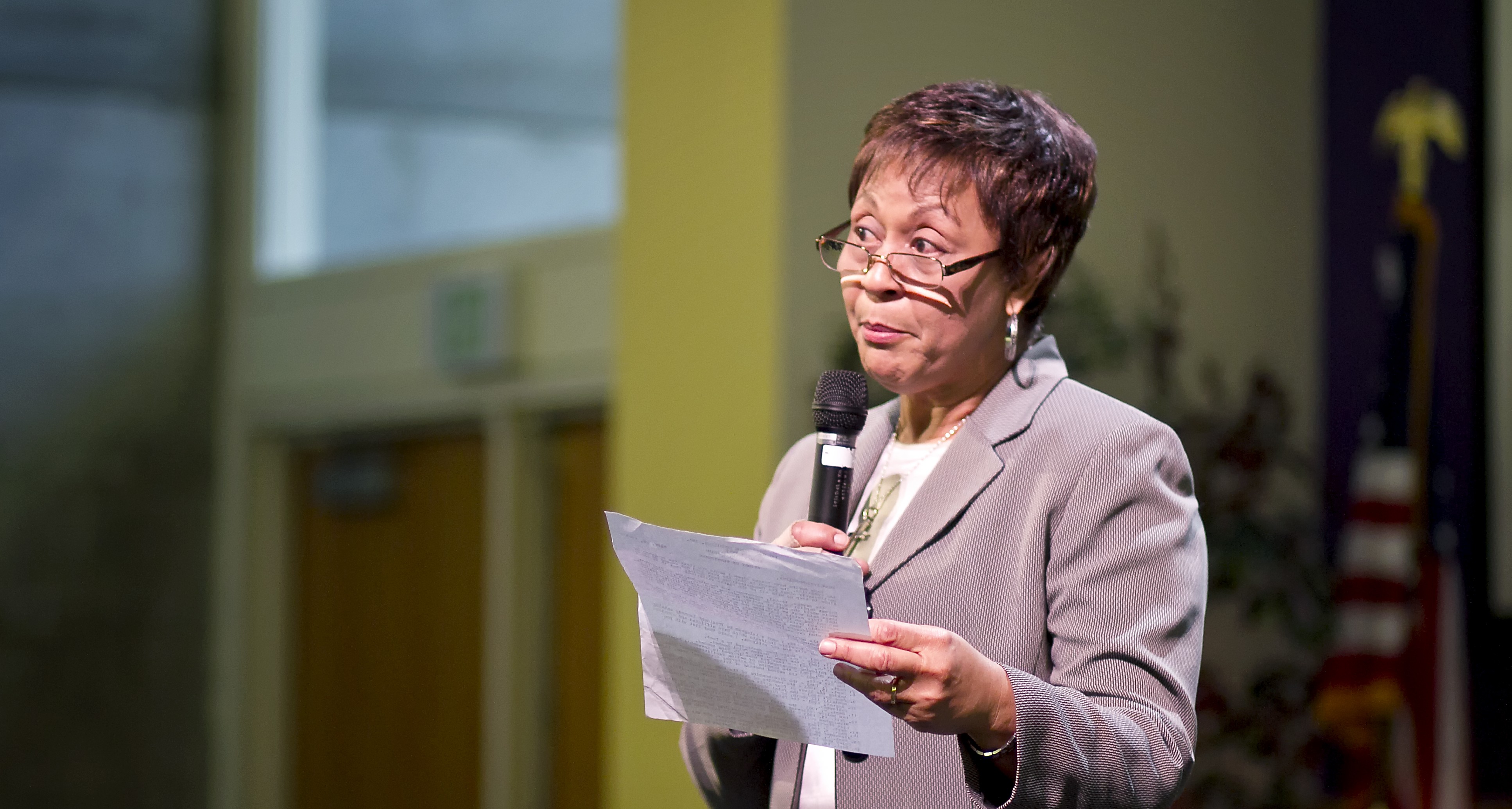Martin Luther King Jr. in Today’s Political Conversation
Last week marked the fiftieth year anniversary Martin Luther King Jr.’s “I have a dream speech,” which defined an era, and changed a nation. King became the face of civil rights movements, and every year on his birthday, speculations are made as to how he would judge the progress society has made towards his dream.
On one hand the leader of the free world is African-American, while on the other a racially motivated hate crime is committed every two minutes. However, apart from the racial issues that King championed, he was far ahead of his time, and had a lot to say about the political debates that have become most prominent over the last few years as well, in particular gun ownership, contraception, and economic equality.
Based on some of King’s writings in his last book Where Do We Go From Here: Chaos or Community, he may have joined the 99 percent in occupying Wall Street, as he believed strongly in income equality; so strongly in fact that he proposed that everyone should have a guaranteed median income. King saw poverty as a colorless issue, pointing out that there were more whites living in poverty than blacks.
To King, remedying this issue meant more than providing housing or education; it meant actively eliminating poverty itself. Whether or not his proposed methods were realistic is an argument for economists. However his views add an interesting layer to the conversation on economic inequality that is happening now.
Also interesting to note in the political climate of today are King’s views on guns. King is defined in the Civil Rights Movement by his message of nonviolence, and based on the method of his death, it seems as though he would be anti-gun.
However, King’s life was regularly threatened, and he owned several guns, had armed supporters patrolling his home, and even applied for a license to carry a concealed weapon. Of course, King being an African-American made it easy for local police to deny him this privilege; however he clearly believed it was a privilege to which he should have been entitled.
While King was not a feminist, he did speak up for women’s rights to contraception. He even participated in a Planned Parenthood study on contraception, and was given the Margaret Sanger Award, an honor given to those who help further reproductive rights, in remembrance of the family planning movement’s founder.
To King there was “scarcely anything more tragic in a human life than a child who is not wanted,” and he spoke up for government spending towards contraception and education for women.
King gave us many wise words, and followed those words with action. It is interesting to speculate as to how the above issues would have been shaped had King lived to join our current conversations. However, as it is concluded every year on his birthday: as a society we’ve made progress, but there’s still a ways to go.


